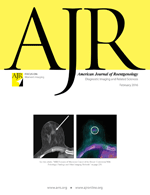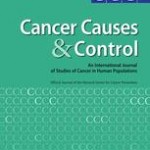
Former accounting professor James Hunton has added a 33rd retraction to his total, solidifying his position at #10 on our leaderboard.
Hunton’s official total is 33.5, since one journal retracted only one section of a paper, making it a “partial” retraction. Most of those retractions came last year, the fallout from an investigation at Bentley University which concluded that the accounting researcher had committed misconduct. Hunton resigned from the university in 2012 after his first retraction, citing family matters.
After the Bentley University investigation, the journal Contemporary Accounting Research conducted its own review of the paper, and found “no credible evidence exists to support the validity of the data in the study,” according to the retraction note for “Decision Aid Reliance: A Longitudinal Field Study Involving Professional Buy-Side Financial Analysts.”
Here’s the entire retraction note:
Continue reading Former accounting prof adds his 33rd retraction








